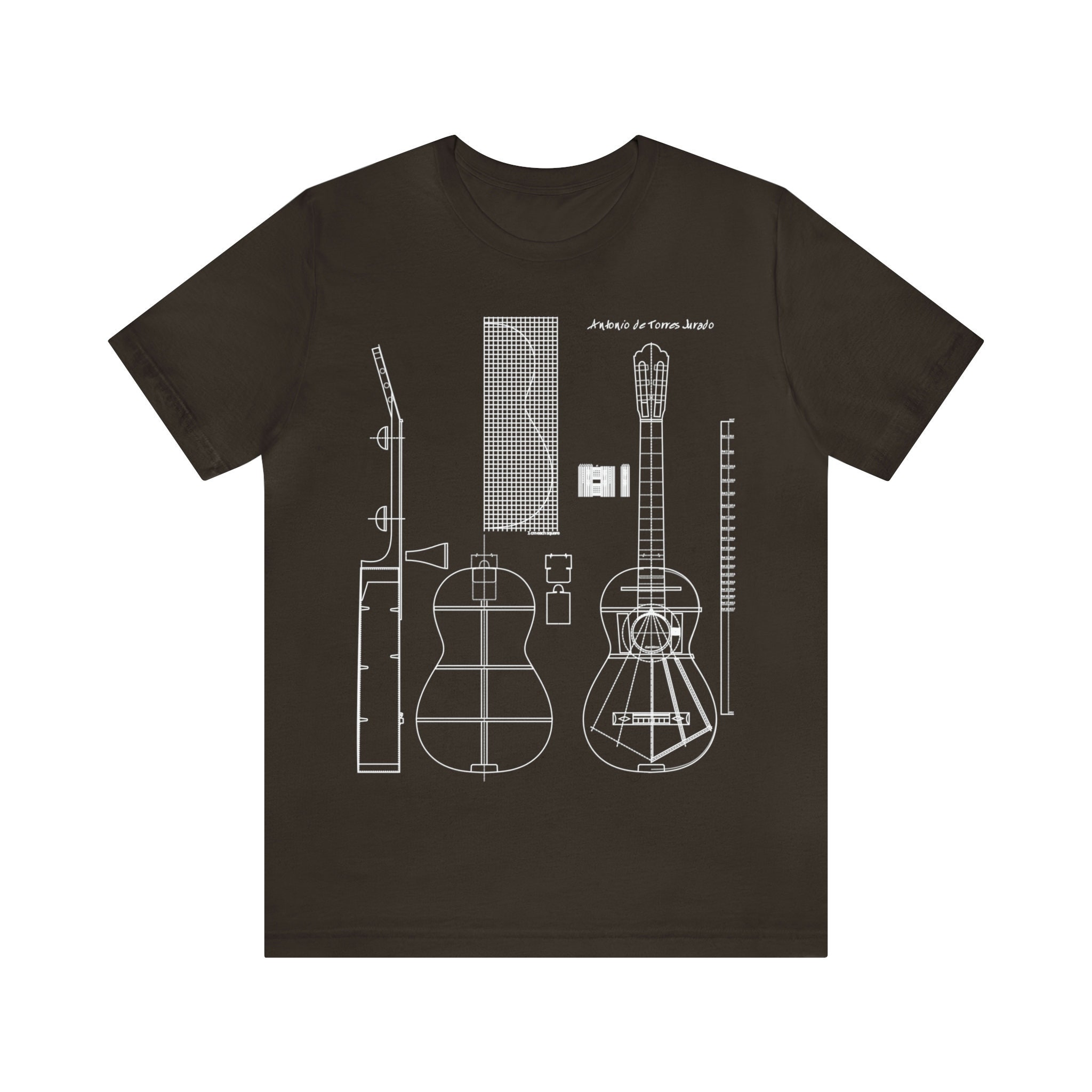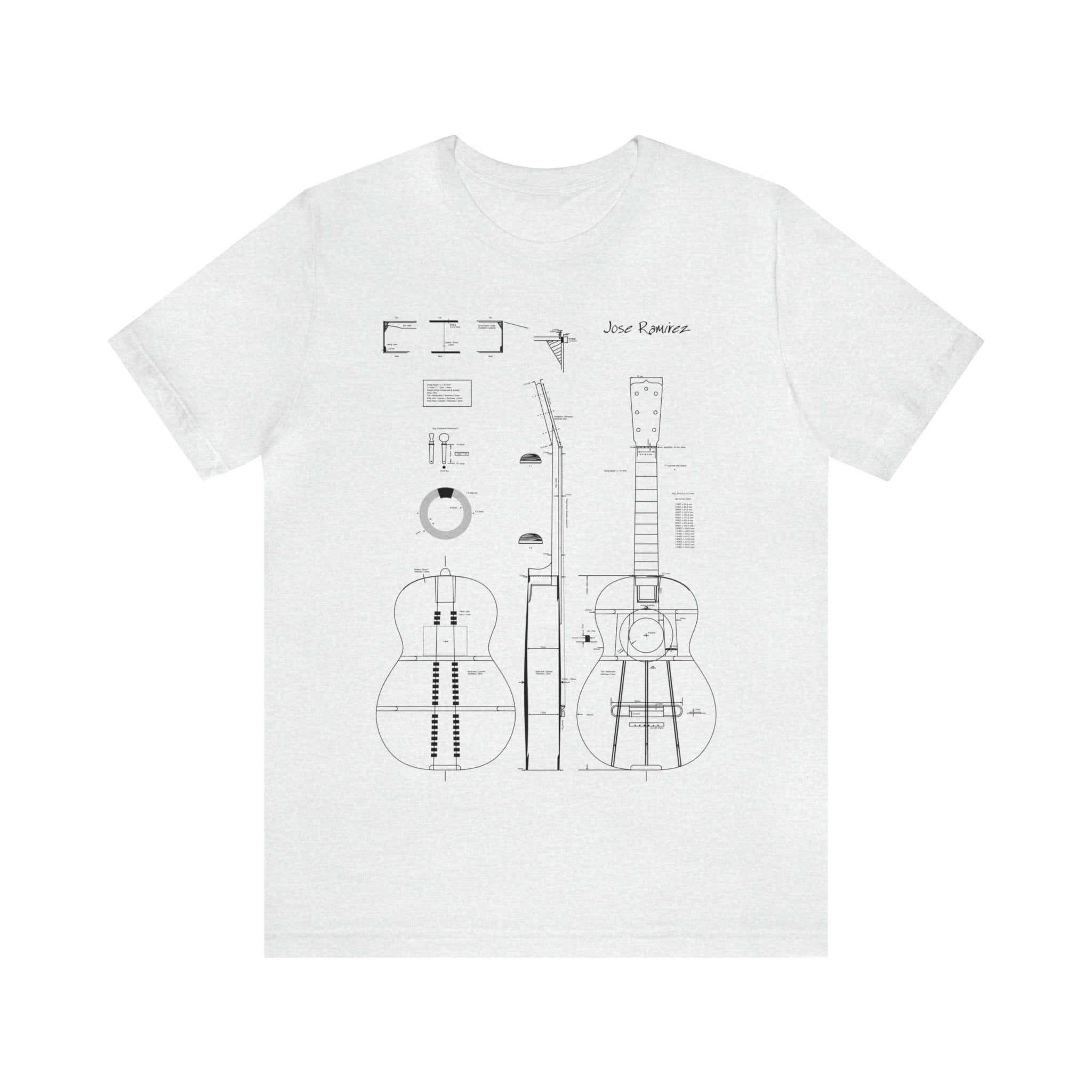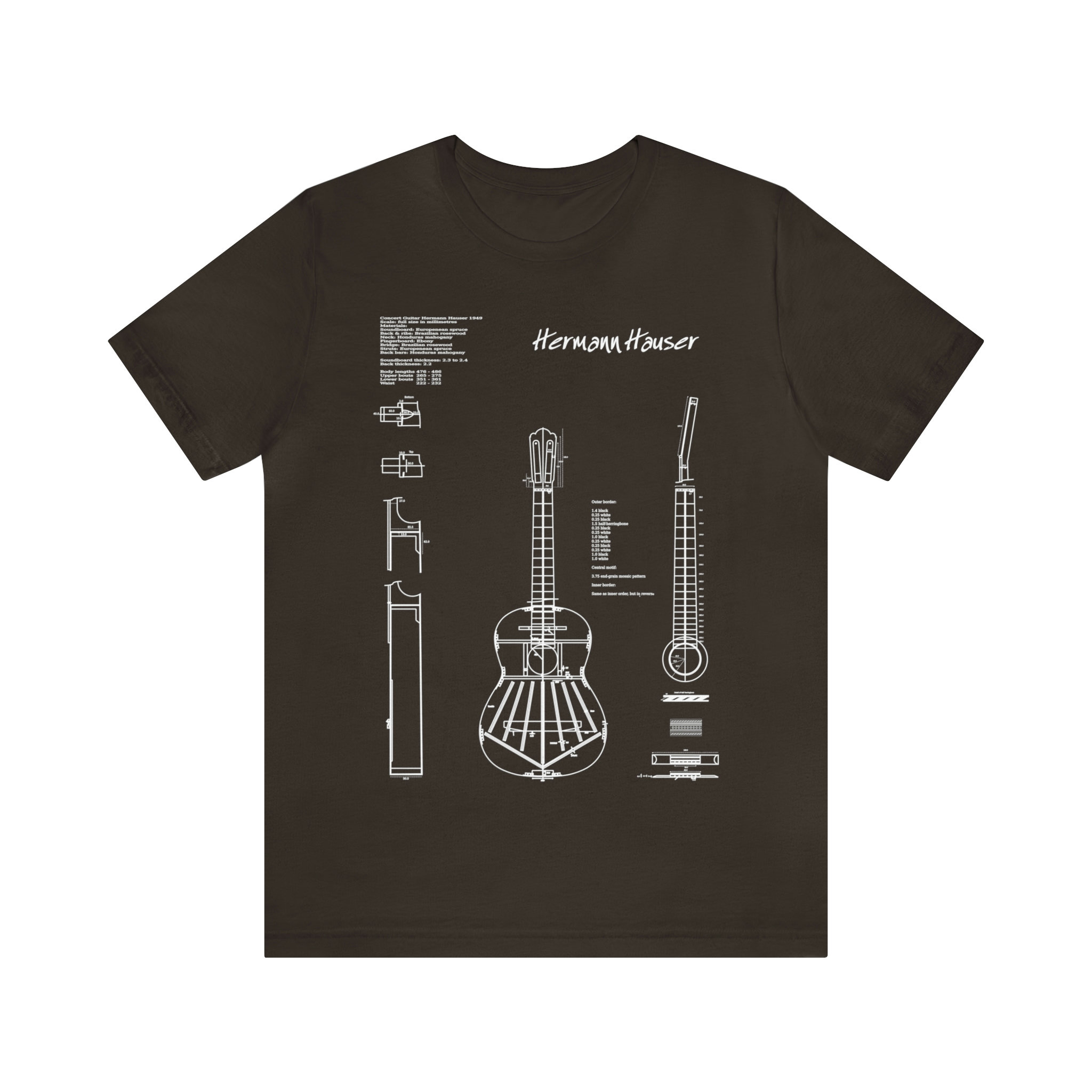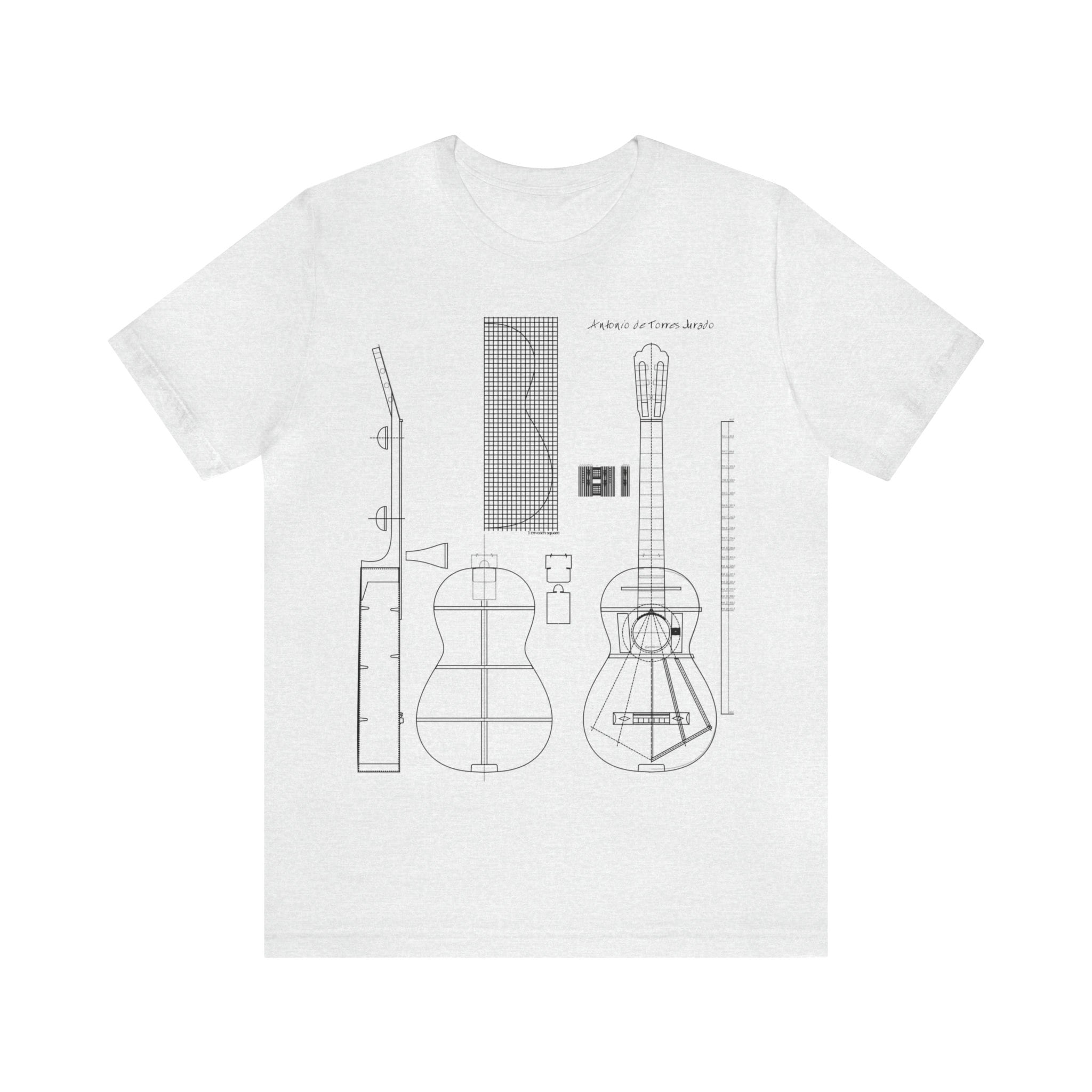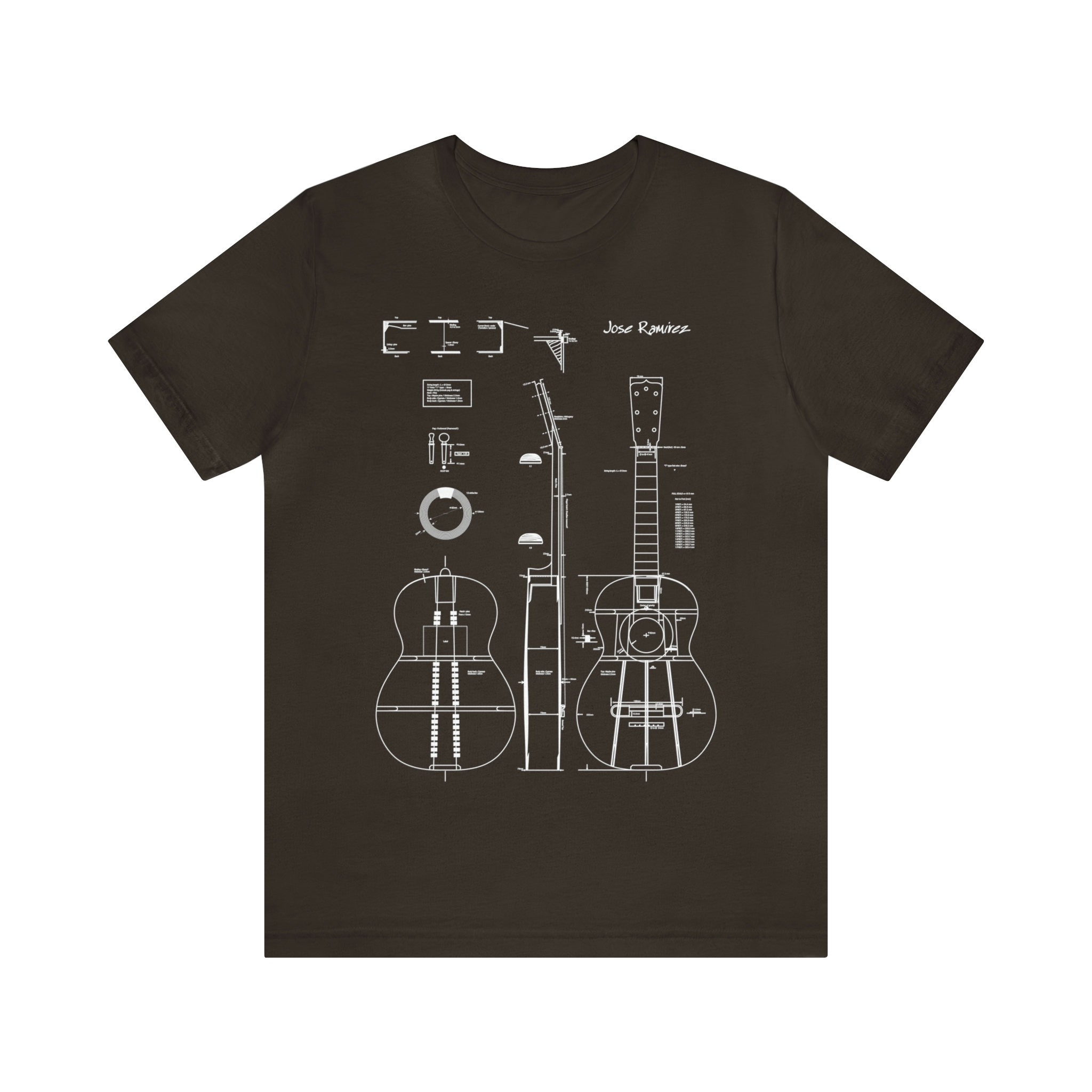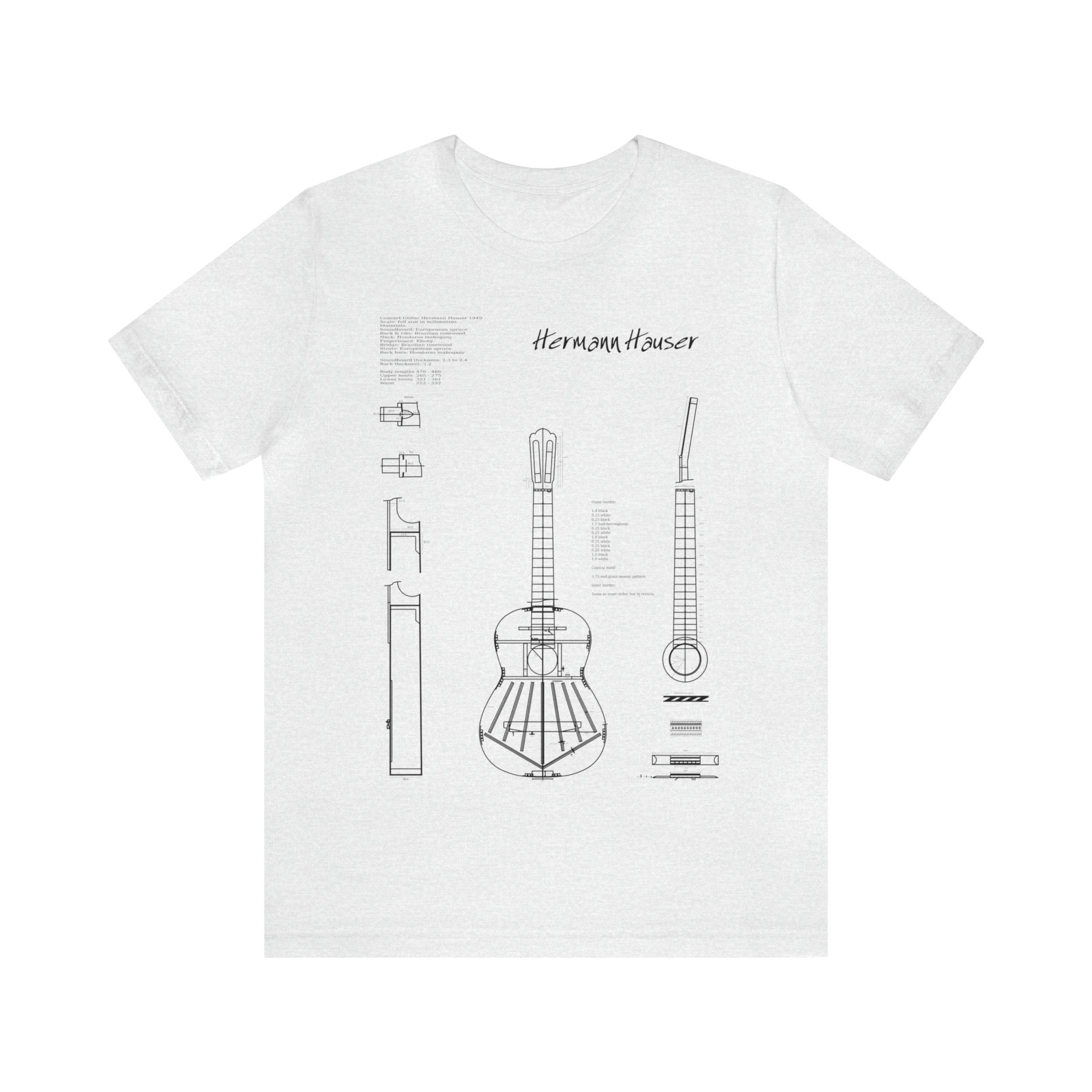Practicing guitar can be a rewarding and fulfilling experience, but it can also be frustrating when you feel like you’re not making progress. Sometimes, despite our best efforts, we may find ourselves struggling to play a piece smoothly or produce the desired sound. In these situations, it can be helpful to take a step back and examine our playing technique.
One effective way to do this is by practicing in front of a mirror. By watching ourselves play, we can identify any unnecessary hand movements or tension that may be affecting the quality of sound we produce. This can be particularly important for the right hand, which is responsible for plucking the strings and producing the majority of the sound in fingerstyle guitar playing.
Identifying and correcting bad hand movements can be challenging because they are often very subtle. However, practicing in front of a mirror can help us spot these movements more easily. For example, we may notice that we are lifting our fingers too high off the strings, causing unnecessary noise or disrupting the flow of our playing. Or we may see that we are flexing or extending our wrists too much, which can cause tension and make playing more difficult.
It is important to stay focused when practicing in front of a mirror and not be distracted by our reflection. We should concentrate on our playing technique and proactively monitor both hands. By doing this regularly, it will become a natural habit, and we will be able to easily spot unwanted movements without constantly checking in the mirror.
By using a mirror to monitor our hand movements, we can improve our playing technique and accuracy. Correcting bad hand movements can also reduce muscular tension and improve the fluidity of playing. We can gain a better understanding of our body and technique, which can enable us to play with more confidence and ease.
However, it is important to note that practicing in front of a mirror should not be the only method used to improve playing technique. It is also essential to seek guidance from a teacher or mentor and incorporate other effective practice methods into our routine.
In conclusion, practicing in front of a mirror can be a valuable tool for guitarists looking to improve their playing technique. By combining this method with other effective practice techniques, such as scales, arpeggios, and metronome exercises, we can enhance our playing ability and play with more confidence and fluidity.
Classical Guitar

